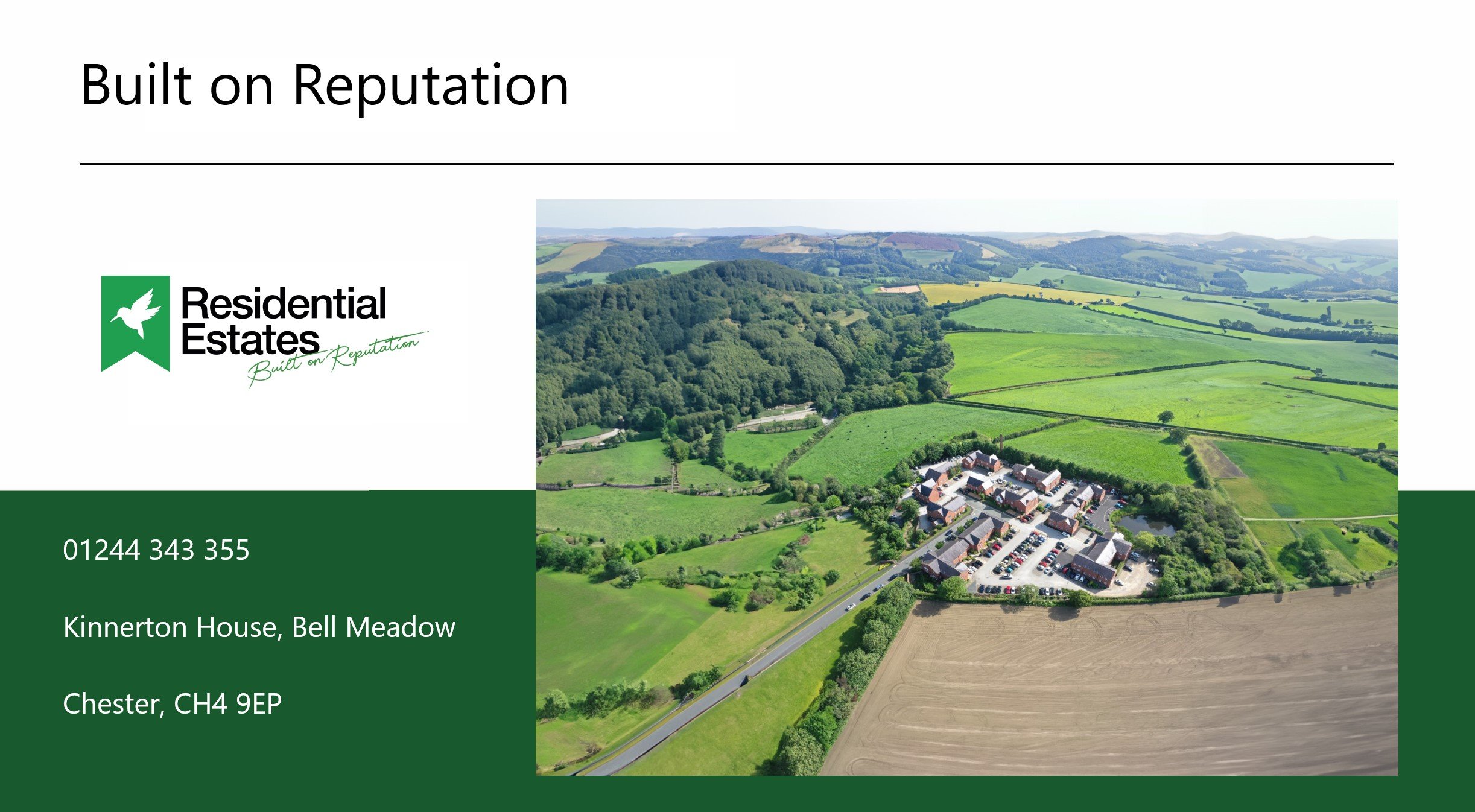Why Tariffs May Threaten the UK Economy: What It Means for House Prices and Property Investors in 2025
As the UK continues to navigate its post-Brexit economic landscape, the question of tariffs — taxes imposed on imported goods — is becoming increasingly critical and difficult for investors to call.
Tariffs are often introduced to protect domestic industries, but they can also introduce risks. For the UK economy, which is deeply interconnected with global markets, an increase in tariffs could lead to issues and yet opportunities when it comes to house prices and the property market.
The Broader Economic Risks of Tariffs
Tariffs generally lead to higher costs for businesses that rely on imports — from raw materials to finished goods. This inflationary pressure can ripple throughout the economy, resulting in higher consumer prices, lower consumer confidence, and ultimately slower economic growth. For an economy like the UK’s, which already faces challenges such as labour shortages, higher energy costs, and volatile interest rates, tariffs could impact existing vulnerabilities.
A weaker economy typically means reduced disposable income and more cautious consumer behaviour, both of which can have a knock-on effect on the housing market. Economic uncertainty tends to cool demand for home purchases and can increase the number of people delaying to move. It could also create a buying opportunity.
Is There A Direct Link Between Tariffs and House Prices?
Although it may seem indirect, tariffs could impact house prices through several channels:
Construction Costs: The UK imports a significant proportion of building materials, including timber, steel, and electrical components. If tariffs increase the cost of these materials, construction projects become more expensive. This could either slow the rate of new housing development — exacerbating the ongoing supply shortage — or push house prices up as developers pass costs onto buyers.
Interest Rates and Mortgage Costs: Inflation driven by tariffs could lead the Bank of England to maintain or even raise interest rates to keep inflation in check. Higher interest rates make mortgages more expensive, reducing affordability for homebuyers. This downward pressure on demand could lead to stagnation or a drop in house prices, particularly in overheated areas.
Investor Confidence: Tariffs typically signal trade tensions and protectionist policies, both of which create uncertainty. For property investors, uncertainty is a warning sign that can lead to reduced investment activity, particularly in speculative markets like London, Manchester, and Birmingham.
The Investor Play for 2025
Given the potential economic turbulence, landlords and property portfolio holders need a strategic approach in 2025. Here are key moves to consider:
● Focus on Resilient Markets: Areas with strong local economies, universities, and diversified employment sectors (such as Bristol, Leeds, and Nottingham) are likely to weather economic downturns better than cities reliant on financial services or international trade.
● Prioritise Rental Yield over Capital Appreciation: In an environment where house prices may stagnate or even fall, a high, stable rental yield becomes more important than betting on price growth. Properties in suburban areas and smaller cities often offer better yields than prime London or South East locations.
● Energy Efficiency and Sustainability: Tariffs could drive up energy costs further. Properties that are energy-efficient will become more attractive to tenants looking to manage living costs, and landlords could charge premium rents for greener homes.
● Flexibility Is Key: Investors should maintain liquidity and avoid overleveraging. Having access to cash or flexible finance terms will enable landlords to capitalise on opportunities that arise if property prices dip temporarily.
● Consider Alternative Property Sectors: Student accommodation, co-living spaces, and retirement housing may offer more stable returns than traditional buy-to-lets in a tariff-inflated economy.
Final Take-aways
While tariffs might seem a distant concern compared to interest rates or rental yields, they are an important underlying risk to watch in 2025. Their impact on costs, inflation, consumer sentiment, and ultimately house prices could be notable. Smart property investors will need to think carefully about location, yield, and flexibility to navigate what could be a more volatile but still opportune year ahead with more to offer the savvy players.
Why not talk to one of our experienced Property Investment Consultants?
Whether you're looking to expand your portfolio or make your first investment, we make the process effortless. With expert guidance, a hands-off management approach, and access to high-demand rental markets, Residential Estates provides everything you need to succeed in property investment.
Get in touch today to explore our latest opportunities and start building a profitable, stress-free property portfolio.




